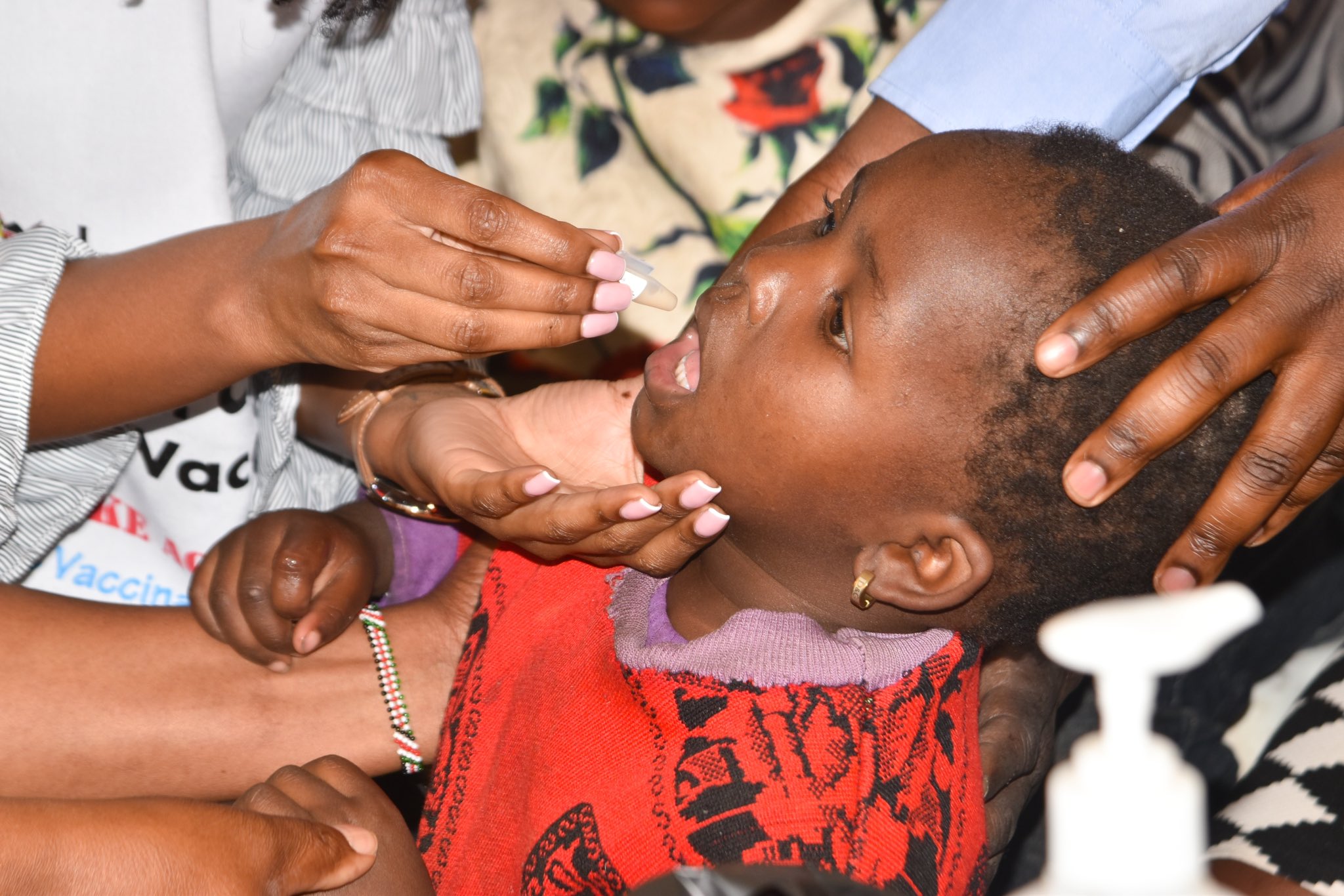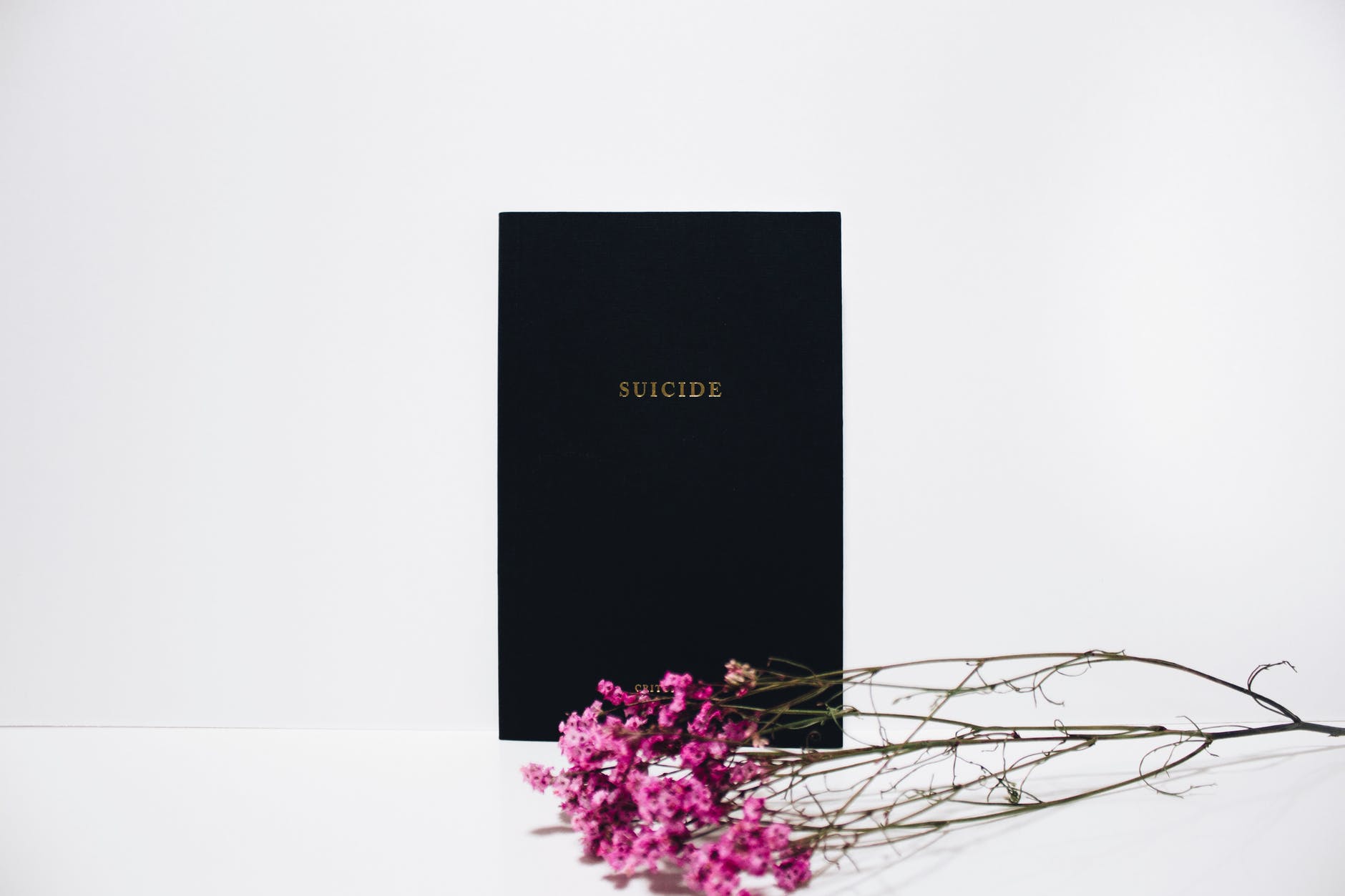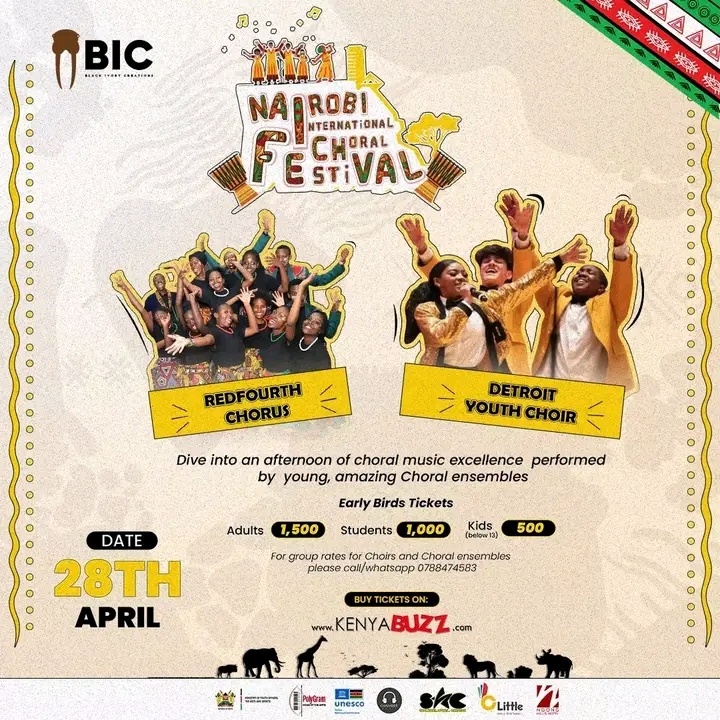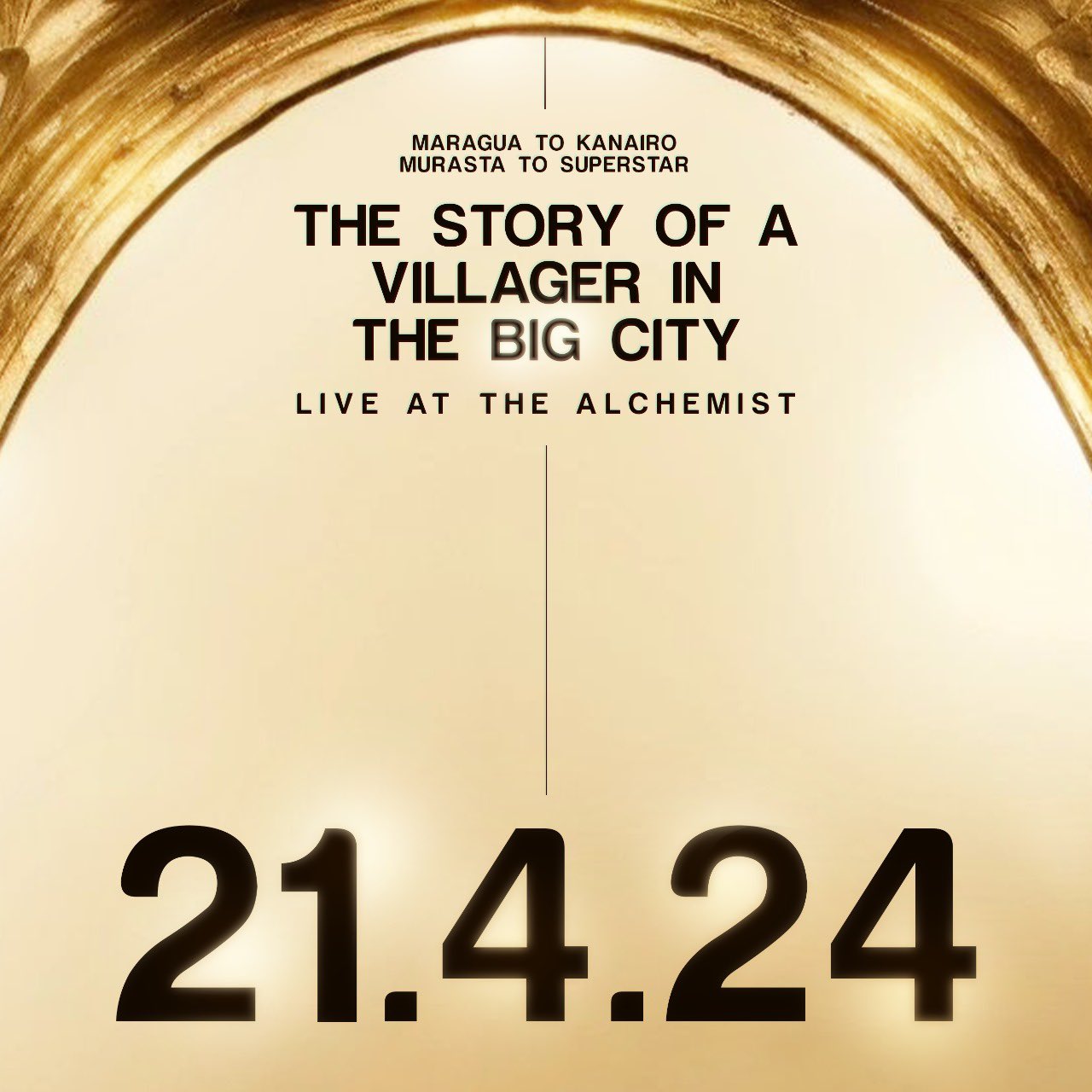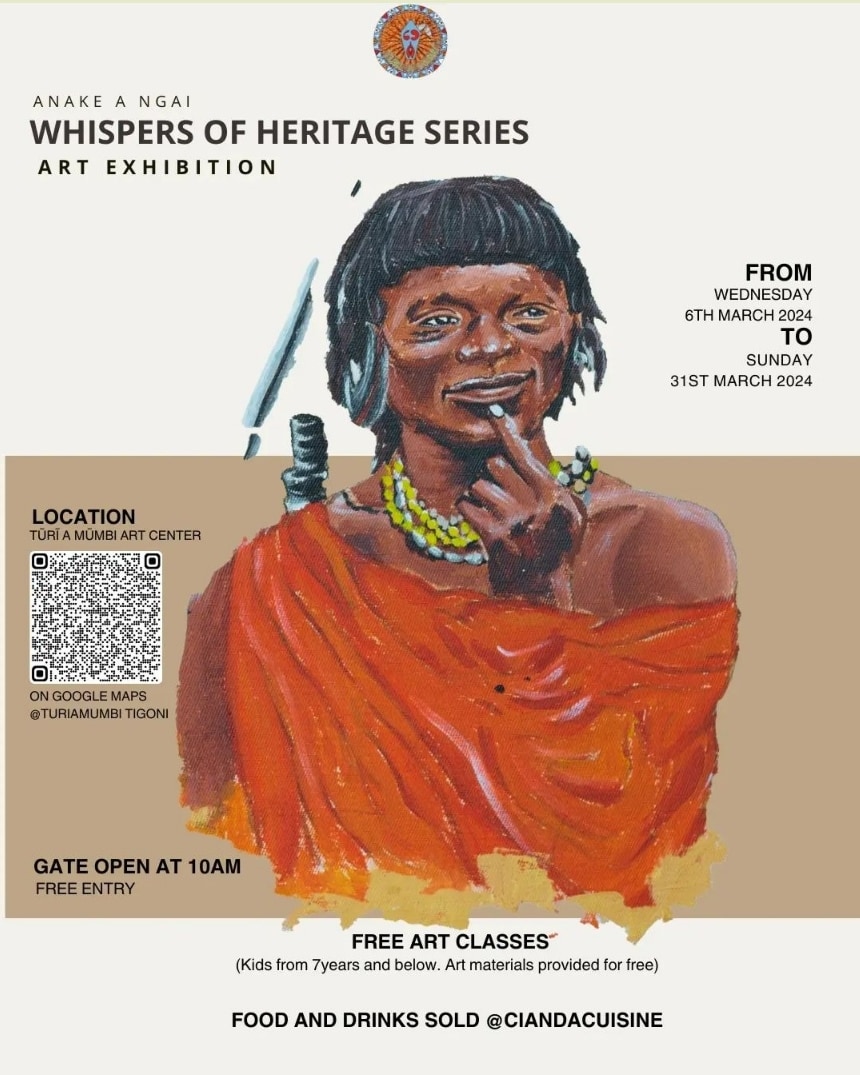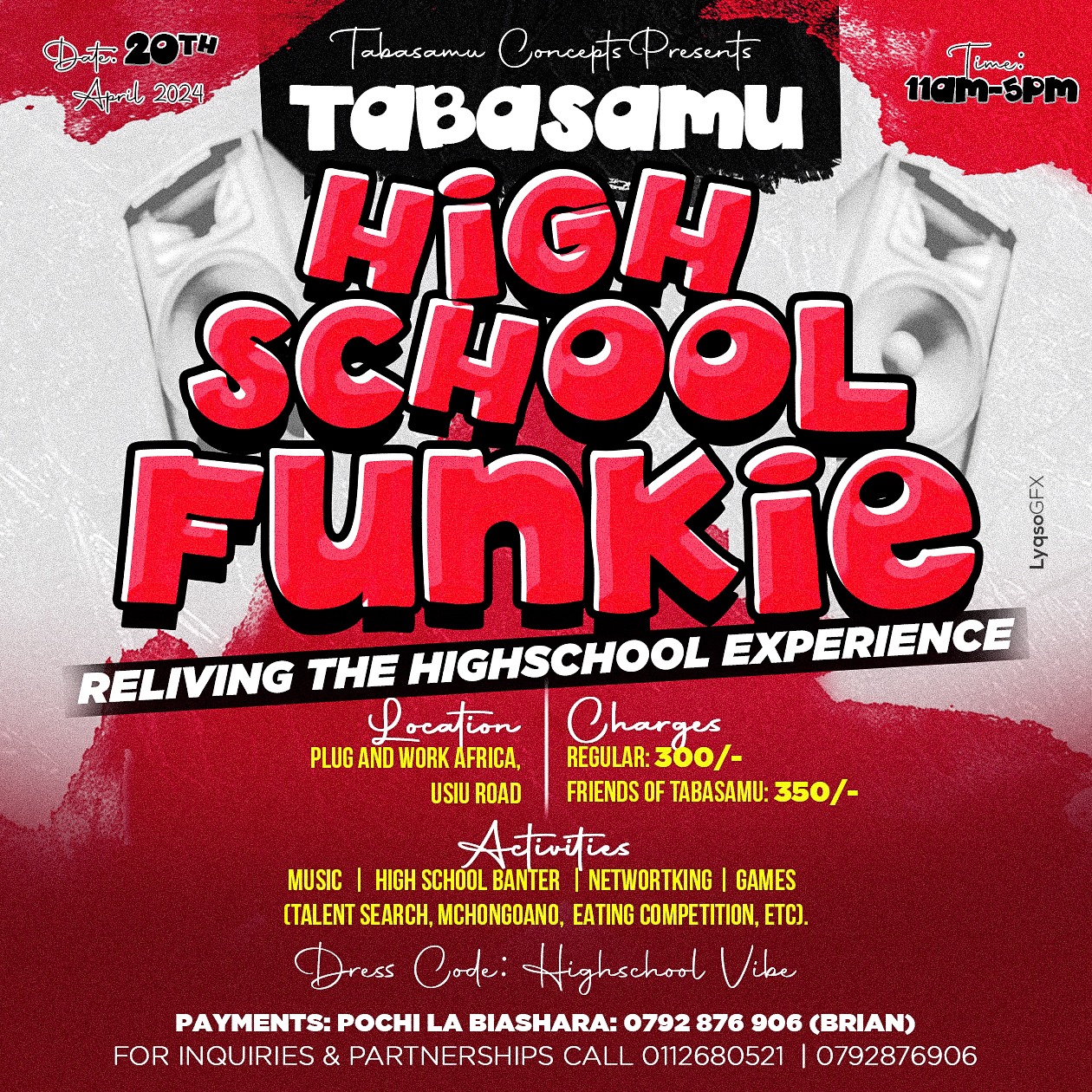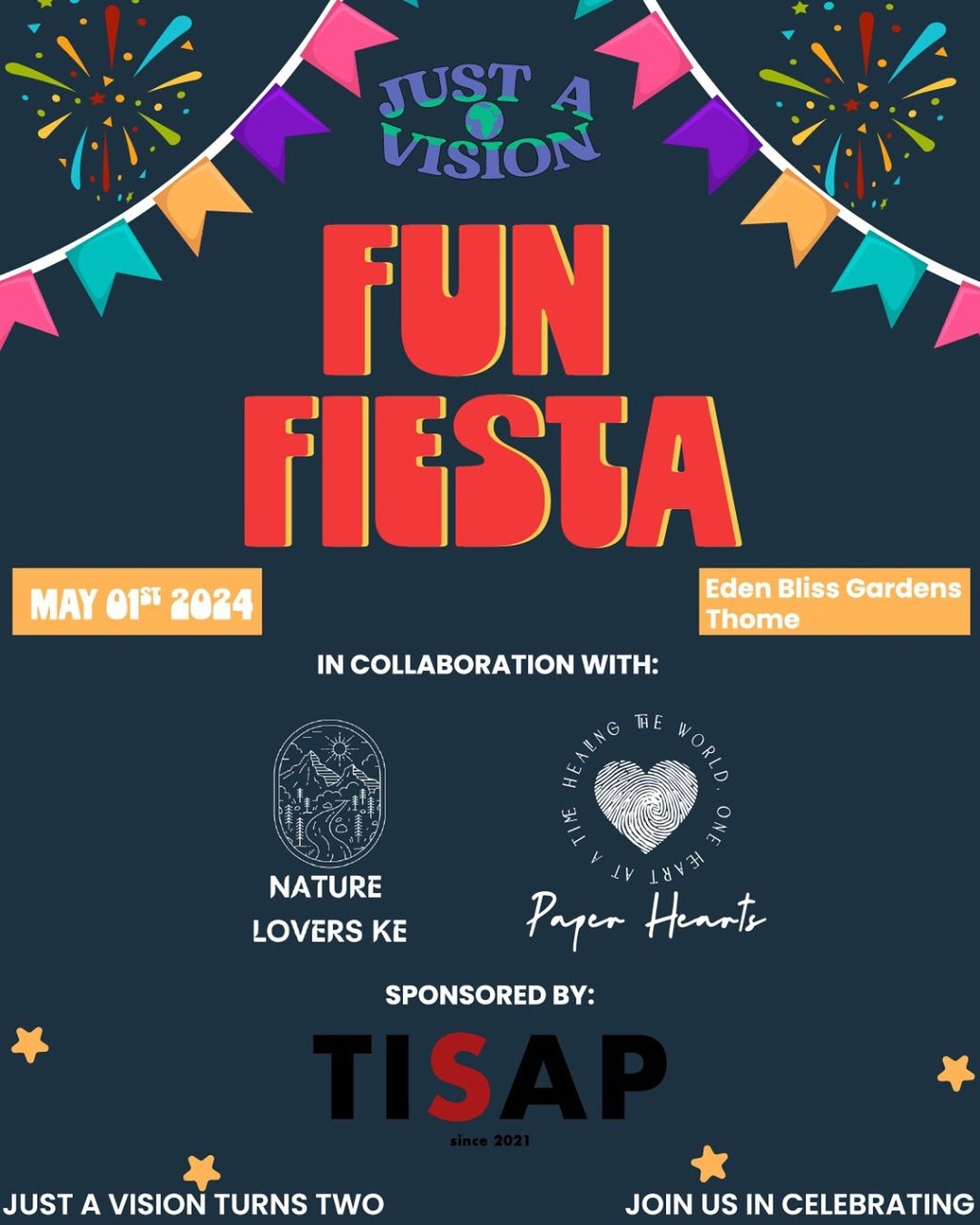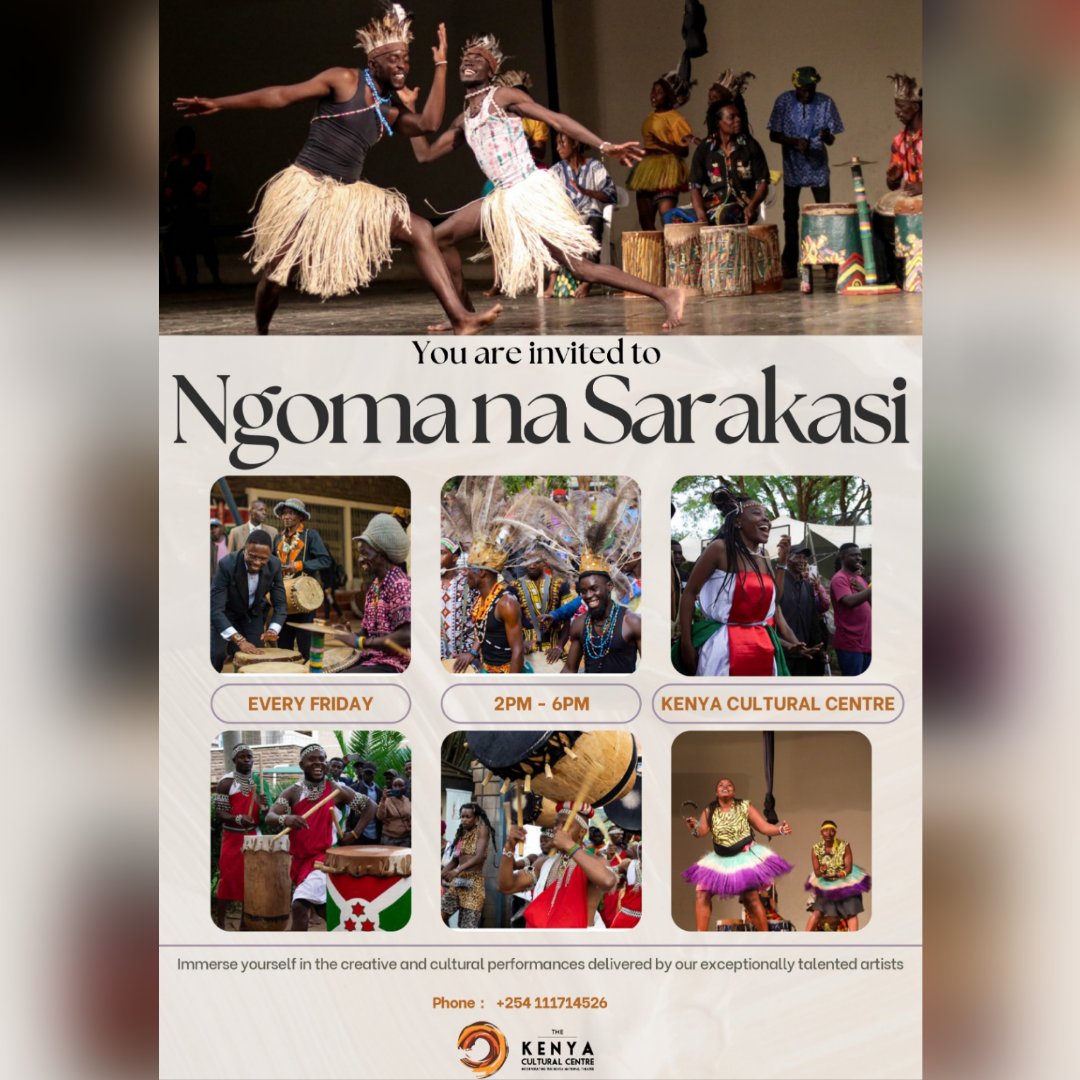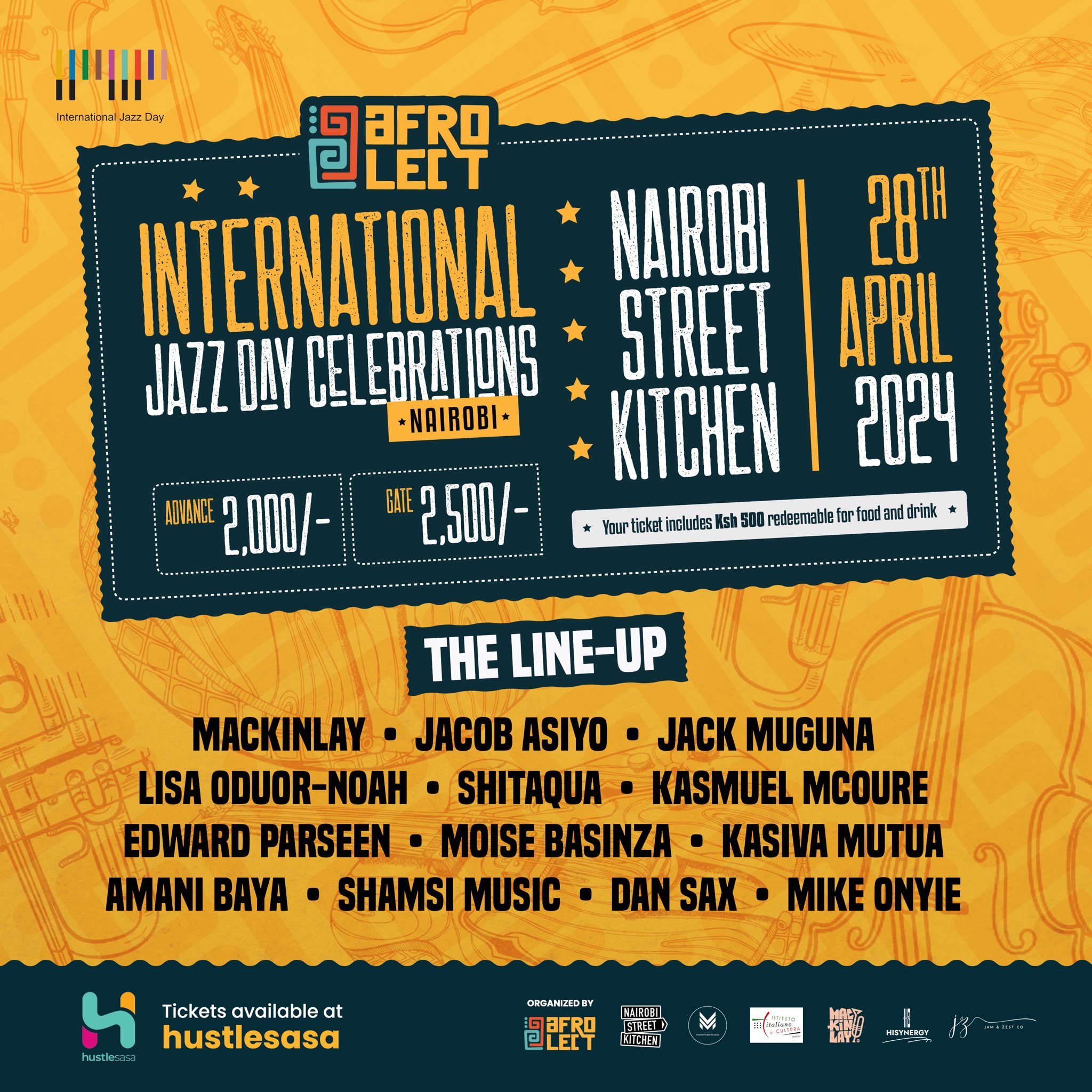Why Gen Z Voice Matters in Breastfeeding Awareness
As we delve deep into breastfeeding week, it feels necessary to tag Gen Z along on this great advocacy. It’s an essential movement that impacts the health and well-being of our generation and generations to come. As Gen Z, we have a unique opportunity to raise awareness and champion a cause that has far-reaching implications on global health.
According to the World Health Organization (WHO), breastfeeding is a superpower that has the potential to save the lives of over 820,000 children every year. Yet, despite the overwhelming evidence supporting the benefits of breastfeeding, global breastfeeding rates remain alarmingly low. In many countries, the initiation and continuation of breastfeeding are hindered by cultural norms, misinformation, and lack of support.
So, why should Gen Z care about breastfeeding? For starters, it’s about ensuring a healthier and brighter future for our peers and the next generation. Breast milk is nature’s gift packed with all the essential nutrients, antibodies, and love a baby needs to grow and thrive. Not only does breastfeeding provide a stronger immune system for babies, but it also contributes to lower rates of childhood obesity and non-communicable diseases later in life.
In the age of climate change and environmental concerns, breastfeeding is also eco-friendly. It requires zero plastic waste and has a significantly lower carbon footprint compared to formula feeding. As a generation that values sustainability, supporting breastfeeding aligns perfectly with our environmental consciousness.
However, despite its benefits, breastfeeding rates decline rapidly as babies grow older. According to the WHO, exclusive breastfeeding is recommended for the first six months of a baby’s life, with continued breastfeeding alongside complementary foods until at least two years of age. Shockingly, only 41% of infants under six months worldwide are exclusively breastfed.
We live in an age of social media activism, where a hashtag can spark change. Let’s use our digital prowess to debunk myths and spread the word about breastfeeding’s importance. As Gen Z who are social media savvy, we have the power to create an environment that embraces and supports breastfeeding mothers. By sharing factual information and personal stories, we can break the stigma and normalize breastfeeding.
Moreover, breastfeeding support is not just a mother’s responsibility; it’s a collective effort. As Gen Z, we can rally our communities, schools, and workplaces to be breastfeeding-friendly. Providing lactation rooms, flexible schedules for pumping, and parental leave policies are crucial steps towards creating a supportive environment for breastfeeding parents.
Education is key. Let’s equip ourselves with knowledge about breastfeeding and share it with our peers. Many young adults are unaware of the importance of breastfeeding or the benefits it offers. By hosting workshops, webinars, or even casual discussions, we can empower one another with the knowledge that can change lives.
Let’s not forget that the pressure to conform to societal norms often takes a toll on breastfeeding mothers. Body shaming and unrealistic beauty standards affect their self-esteem, making them more likely to give up breastfeeding prematurely. As Gen Z, we should foster a culture of body positivity and acceptance, emphasizing that breastfeeding is a beautiful and natural act of love.
Breastfeeding Week isn’t just about the here and now; it’s about laying the foundation for a healthier and more compassionate world. By supporting breastfeeding, we invest in the future, ensuring that the next generation has a stronger immune system, a healthier planet, and a society that values the well-being of mothers and children alike.
Breastfeeding Week isn’t just another week on the calendar. It’s an opportunity for Gen Z to stand up, speak out, and make a difference. We can drive this movement forward and create a future where breastfeeding is celebrated and supported worldwide. So, let’s raise our voices, break the barriers, and nourish a better world—one breastfeed at a time.


